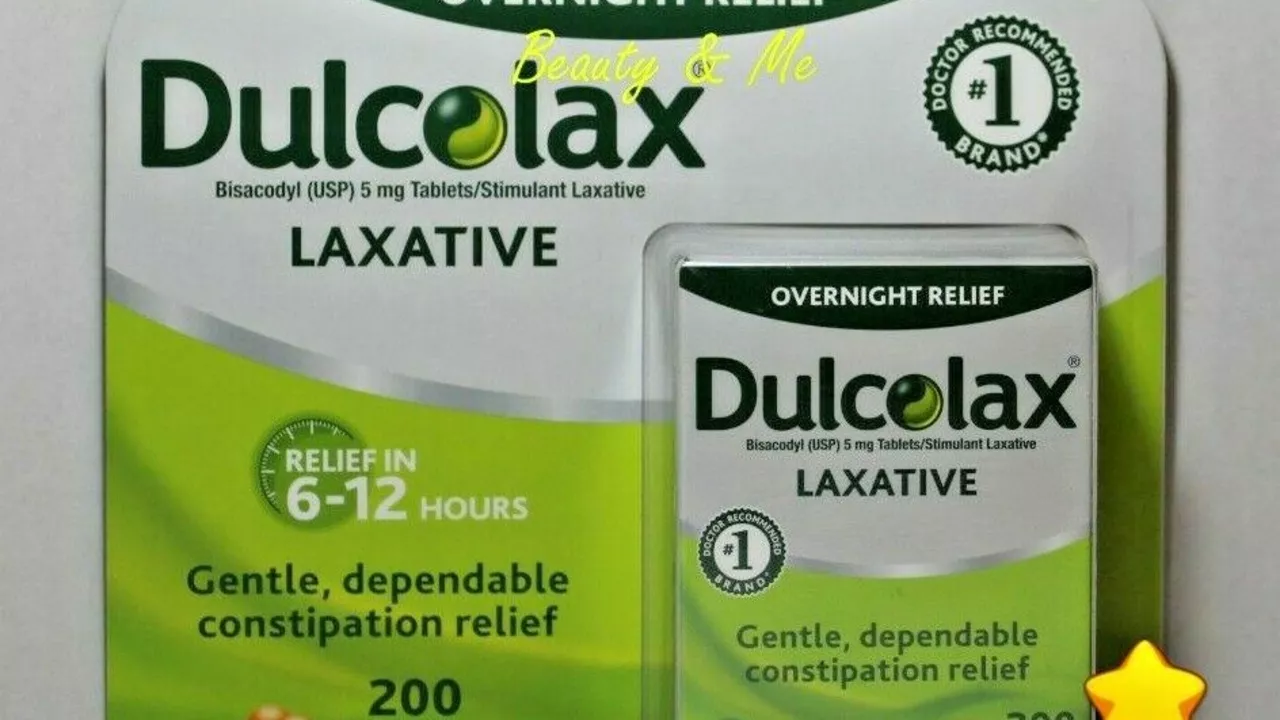Bisacodyl: Fast, Safe Relief for Constipation
Bisacodyl is a stimulant laxative many people reach for when they need a reliable bowel movement. It works by stimulating the nerves in your colon and increasing fluid secretion, which helps stool move faster. You can find it over the counter as tablets or rectal suppositories — both work, but timing and effects differ.
How to use bisacodyl safely
Oral bisacodyl usually takes 6–12 hours to work, so people often take it at bedtime to have results the next morning. Suppositories act faster — expect results in about 15–60 minutes. Always follow the product label: typical adult tablet doses are on the package, and you should not crush or chew enteric-coated tablets. Don’t take oral bisacodyl within one hour of milk, dairy, or antacids; these can damage the tablet coating and cause stomach irritation.
Use bisacodyl for short-term relief only. If you need a laxative more than a week, talk to your doctor. For children, pregnant or breastfeeding people, and anyone with chronic health problems, check with a healthcare provider before use. If you have severe belly pain, nausea, vomiting, or signs of bowel blockage, do not use bisacodyl and seek medical attention.
Side effects, warnings, and interactions
Common side effects include abdominal cramping, gas, and diarrhea. Suppositories can cause rectal irritation or a burning sensation for a short time. If diarrhea is severe or you notice blood in stool, stop the medication and contact your clinician.
Bisacodyl can change electrolyte balance if overused, especially with repeated diarrhea. People with heart conditions, kidney disease, or on certain medications should be cautious — talk to your pharmacist about interactions. Avoid combining multiple stimulant laxatives at once and be careful with mineral oil use; ask a pharmacist before mixing products.
Simple habits make a big difference. Boost fluids and fiber, move more, and try scheduled bathroom times. For many people, these changes cut down how often a laxative is needed. But when you need faster help — like before a procedure or when you’re stuck during travel — bisacodyl can be a quick, effective option if used correctly.
Finally, if constipation becomes regular, or if home measures and short-term laxative use don’t help, get checked. Persistent constipation can hide thyroid issues, medication side effects, or other conditions that deserve a proper plan rather than repeated OTC fixes.
Want to know more about formulations, dosing details, or how bisacodyl compares to other laxatives? Ask your pharmacist or drop a question here — I can help explain options and what to expect.

